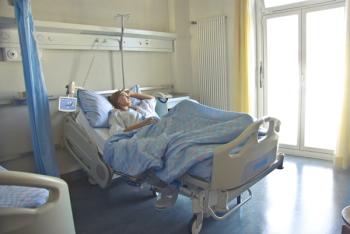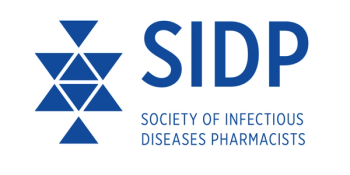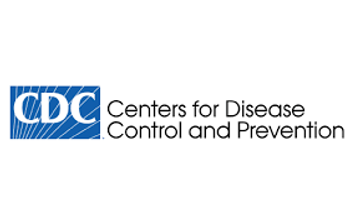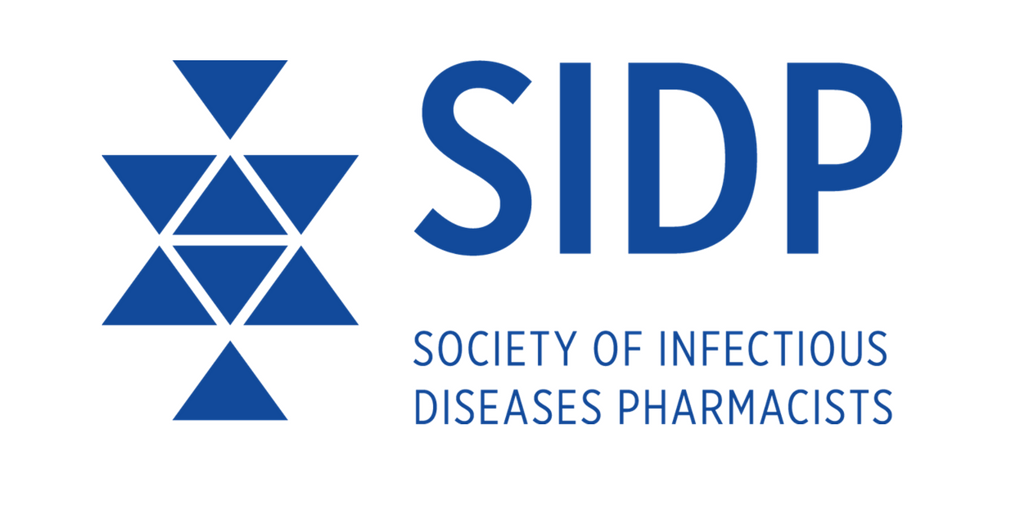
Antibiotics
Latest News
Latest Videos

CME Content
More News

A new study in Israel supports the use of a shorter course of antibiotics for the treatment of complicated urinary tract infection in recipients of kidney transplants.

This novel, rapid diagnostic assay uses polymerase chain reaction and magnetic resonance to identify the 5 most common Candida species.

Here is a review the mechanisms that lead to resistance, including risk factors.

Providers offer their insights on this important topic.

It can help inform appropriate antibiotic prescribing, but likely would only form part of testing protocol, experts say.

A new study shows Medicare-aged patients being treated in hospitals saw more of these types of infections, creating a greater burden on care and costs, and showing an increased mortality rate.

Massachusetts General Hospital investigated how international travel contributes to the contraction and carriage of antimicrobial resistance (AMR).

This type of stewardship is a means of reducing unnecessary testing, getting the appropriate diagnosis more efficiently, and getting patients the appropriate therapy in a timely manner.

In research presented virtually at IDWeek 2021, investigators with the Centers for Disease Control and Prevention (CDC) conducted a review of nursing home antibiotic stewardship citation deficiencies in order to improve implementation.

The protective effect remained strong through the 18- and 24-month follow-up periods, the study authors said.

A recent study examining trends in time-to-antibiotics among veterans hospitalized with sepsis found that patients received antibiotics faster over time.

The model found patients whose physicians received artificial intelligence-based alerts also spend fewer days in the hospital.

Incidence of cholangitis with mult-drug resistant bacteria was higher among patients who regularly use proton pump inhibitors, a new study in Japan found.

In the latest article from SIDP, here is a look at therapy options addressing this emerging clinical challenge.

Kevin J. Downes, MD, and Contagion® Section Editor Conan MacDougall, PharmD, MAS, BCPS, BCIDP, discuss these important topics as another season approaches.

Findings increasingly suggest the mortality risk may be reduced by initiating daptomycin within 3 days of infection.

Infection preventionists at UCLA used active surveillance screening and technology to take a proactive approach to staving off any potential outbreaks of the emerging fungal infection in their health system.


The interconnectedness of many healthcare facilities such as nursing homes, hospitals, and long-term acute-care hospitals means a significant chance of multidrug-resistant organism transmission when patients shuttle between facilities.

The cases include children and adults across four states.

Considering the care team members who need to help infectious disease specialists and pharmacists carry the stewardship torch.

A conversation with Anna Legreid Dopp, Pharm. D.

The American Dental Association (ADA) has updated patient profiles on who should be indicated for antibiotic prophylaxis.

Patients failed to respond to currently available drugs in initial documented instances of spread.

A seven-day course of antibiotics was as effective as 14 days in treating urinary tract infection in afebrile men.













































































































































